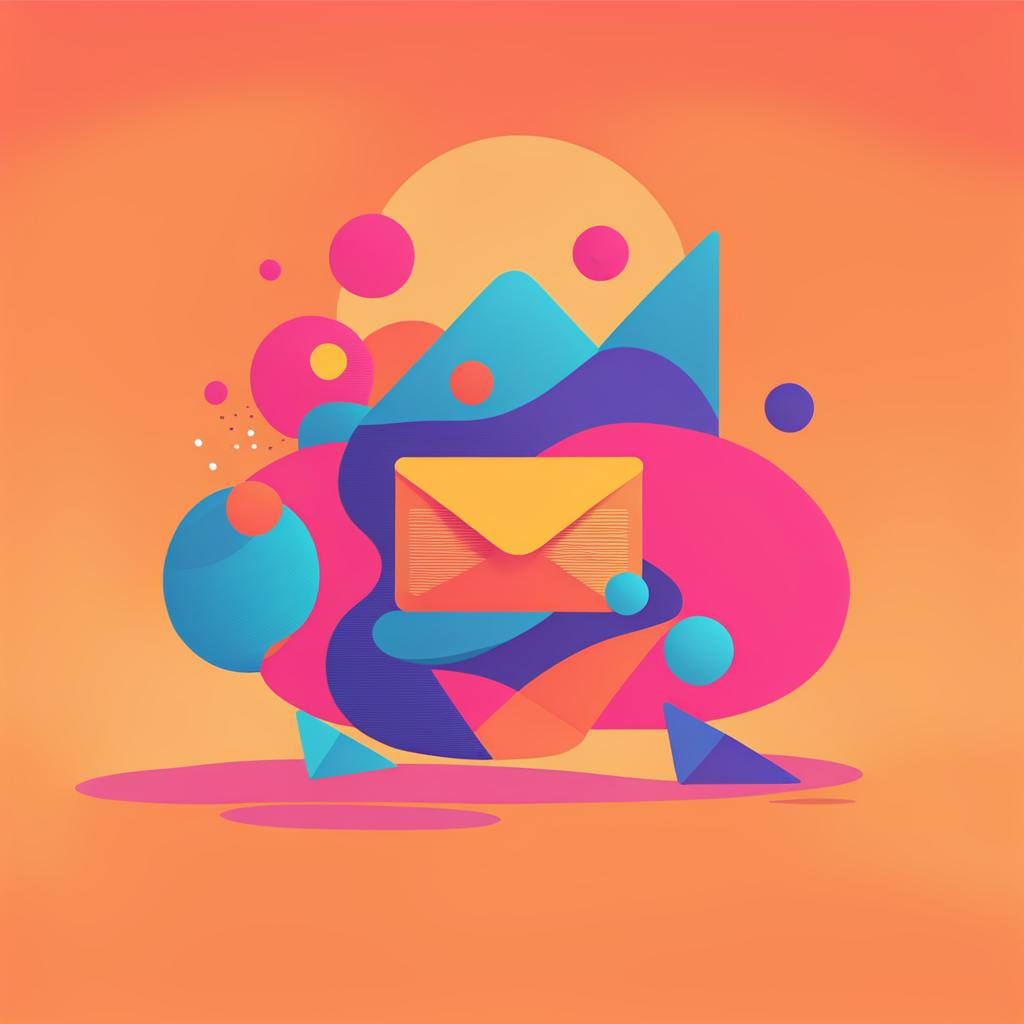In the fast-paced world of digital marketing, the demand for high-quality, engaging content is ever-growing. But producing timely, relevant, and compelling content can be a challenging and time-consuming task. Enter 'content creation AI'—an innovative solution that is transforming the landscape of digital marketing. Leveraging advanced technologies, particularly AI, businesses can now automate parts of their content creation process, ensuring consistency, efficiency, and creativity. In this article, we'll explore how AI-driven tools are revolutionizing content creation and what it means for the future of digital marketing.
The Emergence of AI in Content Creation
One of the major developments in recent years has been the introduction of AI-powered content creation tools. These platforms are designed to assist marketers by generating high-quality copy, optimizing content for SEO, and automating repetitive tasks. Renowned as the best AI blog writer or best AI content writer, these tools come with sophisticated algorithms capable of understanding context, deriving insights from data, and producing reader-friendly content. Tools like OpenAI's GPT-3 have set a new benchmark, enabling marketers to craft blog posts, social media updates, and even video scripts effortlessly.
Addressing Common Queries
How do AI content creation tools work?
Content creation AI tools use Natural Language Processing (NLP) and Machine Learning (ML) technologies to analyze existing content, understand context, and create new content. These tools are trained on vast datasets, which allow them to generate human-like text by predicting the next word in a sentence, based on the preceding one.
Can AI replace human content writers?
While AI tools offer valuable assistance, they are best used in conjunction with human creativity and insight. AI can handle routine tasks and generate first drafts, freeing up human writers to focus on strategy, creativity, and complex messaging. In essence, AI augments human capabilities rather than replacing them entirely.
Benefits of Using AI for Content Creation
AI technology presents numerous benefits, making it a game-changer in digital marketing.
- Increased Efficiency: One of the most significant advantages of employing content creation AI is the sheer speed and efficiency it offers. Traditional content creation involves brainstorming, drafting, editing, and proofreading. AI tools significantly reduce this time by automating the initial content drafts and suggesting improvements.

AI made with Henry
- Consistency and Quality: Maintaining a consistent voice and style across various platforms is crucial for brand identity. Content creation AI tools ensure that every piece of content adheres to specified guidelines, maintaining uniformity in tone and style. Additionally, these tools continually learn and adapt, improving their performance over time.
- Enhanced SEO Capabilities: SEO is a critical component of digital marketing. AI-powered content tools are designed to generate SEO-friendly content by incorporating relevant keywords, meta descriptions, and headings—essential for improving search engine rankings. These tools analyze top-performing content in your industry to provide recommendations, making your content more discoverable.
- Future Trends in AI-Driven Content Creation: As AI technology advances, we can expect even more sophisticated tools, seamlessly integrated with other digital marketing strategies. Future trends may include:
- Personalized Content: AI will enable hyper-personalization of content, tailoring messages to individual preferences and behaviors. Marketers can use AI to analyze user data, generate personalized content, and increase engagement and conversion rates.
- Multi-Language Support: As businesses go global, the ability to create content in multiple languages will become essential. Future AI tools will support multi-language functionalities, breaking down language barriers and reaching a broader audience.
- Real-time Content Adaptation: Real-time adaptation of content based on user interaction and feedback is another exciting development. AI can dynamically adjust content, such as changing headlines or call-to-actions, based on user engagement metrics.
- Leading AI Tools for Content Creation: Several AI-powered tools have emerged as leaders in the field of content creation.
- OpenAI's GPT-3: Renowned for its versatility and human-like text generation.
- Jarvis.ai: Known for its user-friendly interface and advanced features for blog writing.
- Copy.ai: Ideal for creating marketing copy, slogans, and social media updates.
- ContentBot.ai: Supports various content formats, including blogs, emails, and product descriptions.
FAQ: AI in Digital Marketing and Content Creation
What role does AI play in digital marketing and content creation?
AI plays a multifaceted role in digital marketing and content creation. It can analyze vast amounts of data to understand market trends, consumer behavior, and content performance. This analysis helps marketers make data-driven decisions and tailor their strategies more effectively. Here are some key roles AI plays:
- Data Analysis: AI algorithms can process and analyze extensive datasets quickly, revealing insights into customer preferences and behavior patterns that might otherwise go unnoticed.
- Personalization: AI can create highly personalized content and experiences for users by analyzing their past interactions and predicting future behavior. This improves customer engagement and loyalty.
- Content Generation: AI tools can create written content, generate images, and even produce videos. These tools can draft articles, suggest headlines, and automate routine content creation tasks, allowing human marketers to focus on creative and strategic work.
- Optimization: AI can continuously monitor content performance across various channels and make real-time adjustments to improve effectiveness. This includes SEO optimization, A/B testing, and performance tracking.
How can AI improve the effectiveness of content creation for digital marketing?
AI enhances content creation in various ways, making it more effective, efficient, and aligned with marketing goals:
- Automated Content Creation: AI-powered tools such as GPT-3 can generate blog posts, social media updates, and advertisements with minimal human input, ensuring a steady flow of content.
- SEO Improvement:AI can optimize content for search engines by analyzing keywords, predicting trends, and ensuring that content meets the latest SEO guidelines.

AI made with Henry
- Enhanced Creativity: By handling repetitive tasks, AI allows marketing teams to focus more on creative strategies and original ideas, thus enhancing the overall quality of content.
- Audience Insights: AI can segment audiences based on various parameters, allowing marketers to create tailored content that resonates with specific groups, thereby increasing engagement.
- Performance Analytics: AI tools can track the performance of different content pieces and suggest improvements based on real-time data, ensuring that marketing efforts are continuously optimized.
What is the future of digital marketing with the integration of AI for content creation?
The future of digital marketing with AI integration looks promising and transformative. Here are some trends and predictions:
- Hyper-Personalization: As AI becomes more advanced, the level of content personalization will deepen, offering unique experiences to each user based on their behavior and preferences.
- Augmented Creativity: AI will increasingly collaborate with human creators, offering suggestions, enhancing ideas, and even co-creating content, thus pushing the boundaries of creativity.
- Predictive Analysis: AI will not just react to current trends but predict future ones, allowing marketers to be proactive and stay ahead of the competition.
- Voice and Visual Search: With the rise of voice-activated devices and visual search technology, AI will help optimize content for these new search methods, opening up fresh avenues for content creation.
- Marketing Automation: AI will further integrate with marketing automation platforms, streamlining processes and making it easier to manage complex campaigns with minimal human intervention.
What are some examples of AI-driven tools that can be used for content creation in digital marketing?
Numerous AI-driven tools are available to aid in content creation, each specializing in different aspects of the process:
- Copy.ai: This tool uses AI to generate marketing copy, slogans, product descriptions, and blog posts, helping marketers create engaging content quickly.
- Quillbot: An AI-powered paraphrasing tool that assists in rewriting content while maintaining its original meaning, ideal for generating fresh content ideas.
- Lumen5: A video creation platform that uses AI to transform text into engaging video content, perfect for social media marketing.
- Grammarly: While primarily a writing assistant, Grammarly’s AI-driven grammar and style suggestions help in refining the content to make it more polished and professional.
- MarketMuse: This tool utilizes AI to optimize content for SEO, helping marketers identify content gaps, suggest relevant topics, and ensure high-ranking content.
- Piktochart: An AI-driven tool for creating infographics and visual content, making complex data more accessible and engaging.
- Canva: While not solely AI-driven, Canva uses AI features like design suggestions and automated layout adjustments to assist marketers in creating visually appealing content.
- BuzzSumo: This tool leverages AI to analyze the performance of existing content across the web and provide insights on trending topics, helping marketers create timely and relevant content.
By incorporating these AI tools, digital marketers can enhance their content creation processes, making them more efficient, effective, and aligned with their marketing objectives.
The integration of AI into digital marketing heralds an exciting future, especially in content creation. By leveraging content creation AI tools, businesses can achieve efficiency, maintain consistency, and enhance their SEO efforts. As AI technology continues to evolve, it will unlock new possibilities for personalized, multilingual, and real-time adaptive content. For marketers, embracing these advancements is not just a competitive edge but a necessity in the ever-evolving digital landscape.
To sum up, content creation AI is redefining how marketers approach content strategy, demonstrating that the future of digital marketing is not just on the horizon, but already unfolding before our eyes.

